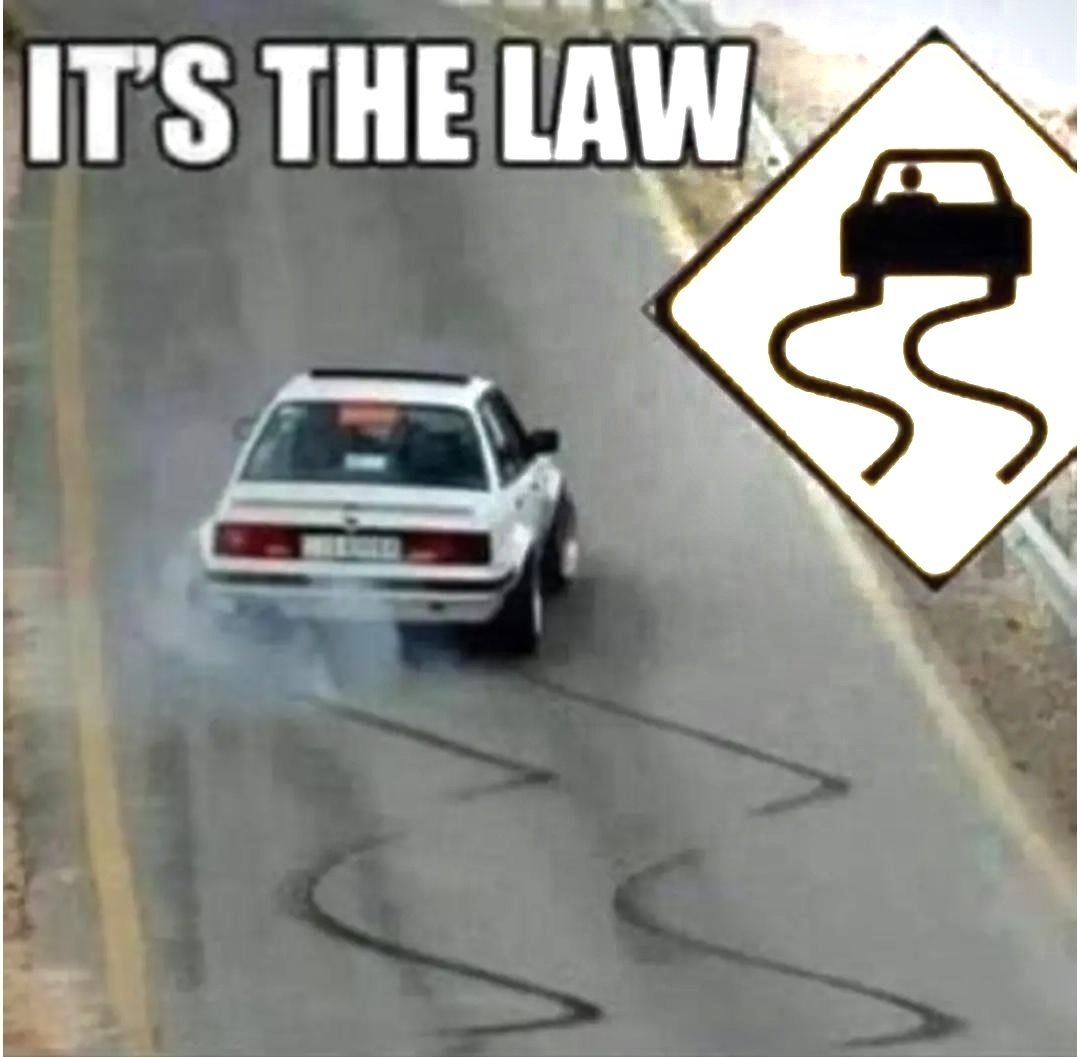I mean some people are benefiting from it
- 0 Posts
- 45 Comments
[…] it was decided that the language would be called “ECMAScript” instead. (Microsoft happily offered up “JScript”, but no-one else wanted that.) Brendan Eich, the creator of JavaScript and a co-signatory of this letter, wrote in 2006 that “ECMAScript was always an unwanted trade name that sounds like a skin disease.”
I tend to agree with these sentiments

 4·2 months ago
4·2 months agoYou say that as if machines don’t get dirty and still require a good amount of hygiene/cleaning to keep up
Don’t get me wrong though because I am also in favor of automation only because I believe it will make some parts of work more bearable, minus the job displacement problem caused by our current economic model…

 8·2 months ago
8·2 months agoThey pass 6in away from you instead of 6ft

 221·2 months ago
221·2 months agoJust fork it 🤓
It definitely feels like a knee jerk reaction, but there would be some merit to it: The Rust language feels apt to implement a kernel with. If I remember correctly that’s what Redox is trying to accomplish? https://redox-os.org/
Why would using it on PC degrade image quality, if anything a desktop with a good GPU would potentially beat a PS5 in terms of graphics?
An adapter will be required to plug the PSVR2 though, that information is already available. But once plugged it should work with SteamVR.

 51·5 months ago
51·5 months agoSome places are like that
Isn’t it supposed to be 30?
You can run whenever you like, it doesn’t have to be 6am
close but no (last panel doesn’t match?)

 1·6 months ago
1·6 months agoS03 left the most memorable impression on me, I’d recommend powering through ;)
One workaround has been to spoof your Firefox user agent so Teams believes it’s Chrome, and would you believe it the feature worked. I don’t know if this trick is still relevant.
Antagonizing the borrow checker is wrong. If it screams it does so to prevent you from writing a mistake. Eventually once you have enough experience you should write code in such a way that doesn’t trip the borrow checker because you know how to properly handle your references.
Is it difficult to learn at first? Yes, but the benefits of learning this outweighs the downsides such as writing code that may use references when it shouldn’t.
I’m not a Rust aficionado, but the few Rust I’ve written opened my eyes on issues that I have been dealing with in other languages but for which I was blind.
Lastly I tried following a Godot project tutorial that was using GDScript except I challenged myself to follow it but rewrite the examples given using Rust’s bindings for Godot. It was definitely more cumbersome to work with, but I might also have been doing something wrong (such as blindly transcribing GDscript instead of writing more idiomatic Rust).
All of that to say 1) borrow checker is your friend and 2) scripting languages will always be more convenient at the cost of being way more dirty (way less safeties)
In the end you need to pick the right tool for the job. Multiple tools may be used within the same project.
Your ISP: 😳

 1·7 months ago
1·7 months agoThe message transferred between the particles supposedly FTL does contain information though. What I meant was that we cannot encode our own arbitrary information on top of it. The message has a physical effect on reality, without it the state we find the particles in cannot be respected.
Just reconsider this: If we agree that the result of a measurement is totally random (no hidden variable predetermining the result of the measurement) but that once we measure and know the state of one particle then we know with certainty the state of the other particle (entanglement): information about the collapse of the first measured particle was shared to the other so that it’s no longer random.
edit: If your argument is about “sharing information doesn’t imply transmission” then let’s stop here and leave this thread agreeing that “information was shared” :)
I have no opinions on what shape the information sharing takes. Nor am I interested in guessing.














Godot definitely has sponsors which while not directly being “customers” are still very important when it comes to financing the development of the engine
Having said that I want to believe current sponsors won’t have issues with the Godot Foundation here